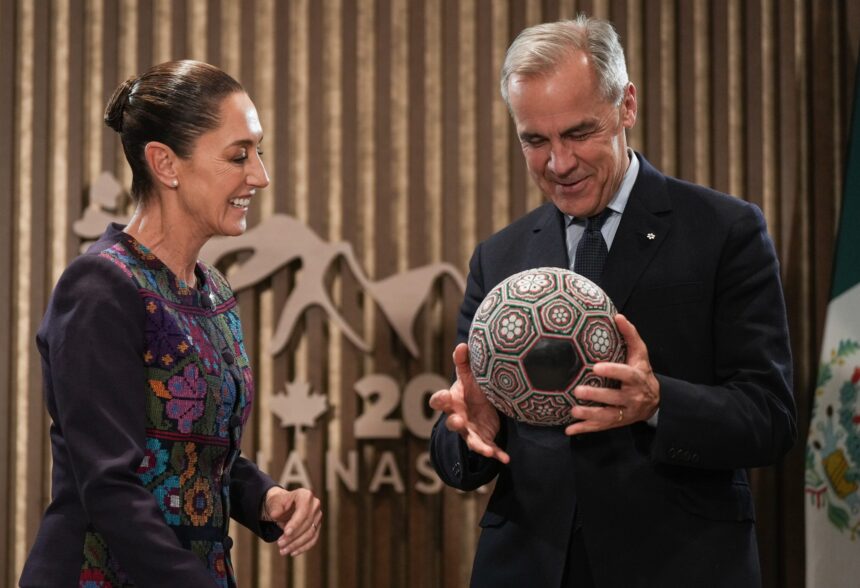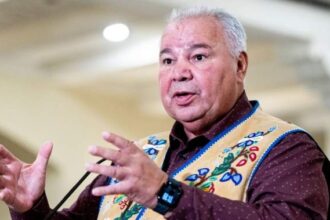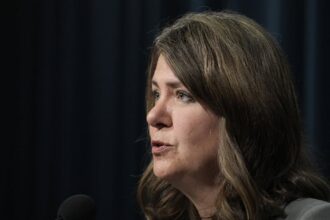In a significant diplomatic push that underscores the deepening economic ties between North American neighbors, Canadian Finance Minister Chrystia Freeland and Foreign Affairs Minister Mélanie Joly arrived in Mexico City yesterday for high-level trade discussions. Their visit sets the stage for Prime Minister Mark Carney’s upcoming official trip later this month, marking what analysts call a “critical moment” in the evolving Canada-Mexico relationship.
The ministerial delegation met with Mexican Economy Secretary Marcelo Ebrard and Foreign Secretary Juan Ramón de la Fuente at the historic Chapultepec Castle, where discussions centered on strengthening supply chain resilience, digital trade, and advancing clean energy cooperation under the updated North American framework.
“We’re building on the foundation of the CUSMA agreement while addressing new economic realities,” Minister Freeland told reporters following the closed-door session. “Mexico represents our third-largest trading partner, with bilateral trade exceeding $48 billion annually. There’s tremendous potential to expand this relationship in emerging sectors.”
The timing of these talks appears strategic, coming just weeks after the United States signaled potential new tariff measures against Chinese imports. Canadian officials privately acknowledge the meetings aim to position North America as a more integrated economic bloc capable of withstanding global trade pressures.
Minister Joly emphasized security cooperation alongside economic priorities: “Beyond trade figures, we’re discussing collaborative approaches to regional security challenges that affect both our nations’ prosperity. This includes addressing irregular migration patterns and combating transnational organized crime networks.”
The Mexican delegation presented their ambitious southern infrastructure development plan, seeking Canadian investment and technical expertise in projects ranging from railway modernization to renewable energy facilities across southern Mexican states. Canadian pension funds have already committed preliminary investments of CAD $3.2 billion toward these initiatives.
Industry stakeholders in Canada have expressed cautious optimism about the talks. “We’re particularly focused on ensuring Mexican regulatory standards align with Canadian expectations, especially in manufacturing and agriculture,” said Maria Gonzalez, director of the Canadian International Trade Council. “Consistency in labor practices and environmental standards remains essential for truly fair trade.”
Prime Minister Carney’s upcoming visit will likely finalize several bilateral agreements initially outlined during these ministerial discussions. Sources familiar with the preparations indicate clean technology partnerships, critical minerals cooperation, and educational exchanges will feature prominently on the agenda.
The deepening economic relationship comes despite ongoing tensions over Mexico’s energy policies, which some Canadian investors claim favor state-owned enterprises over foreign participants. When asked about these concerns, Minister Freeland acknowledged the issue but emphasized the collaborative approach: “We’re addressing specific sector challenges through dedicated working groups while maintaining momentum on broader economic integration.”
As North America positions itself amid shifting global trade patterns, these Mexico talks represent more than routine diplomacy—they signal Canada’s strategic pivot toward strengthening continental economic integration. The question remains: will this renewed North American economic alliance provide the stability and growth both nations seek in an increasingly unpredictable global marketplace?


















